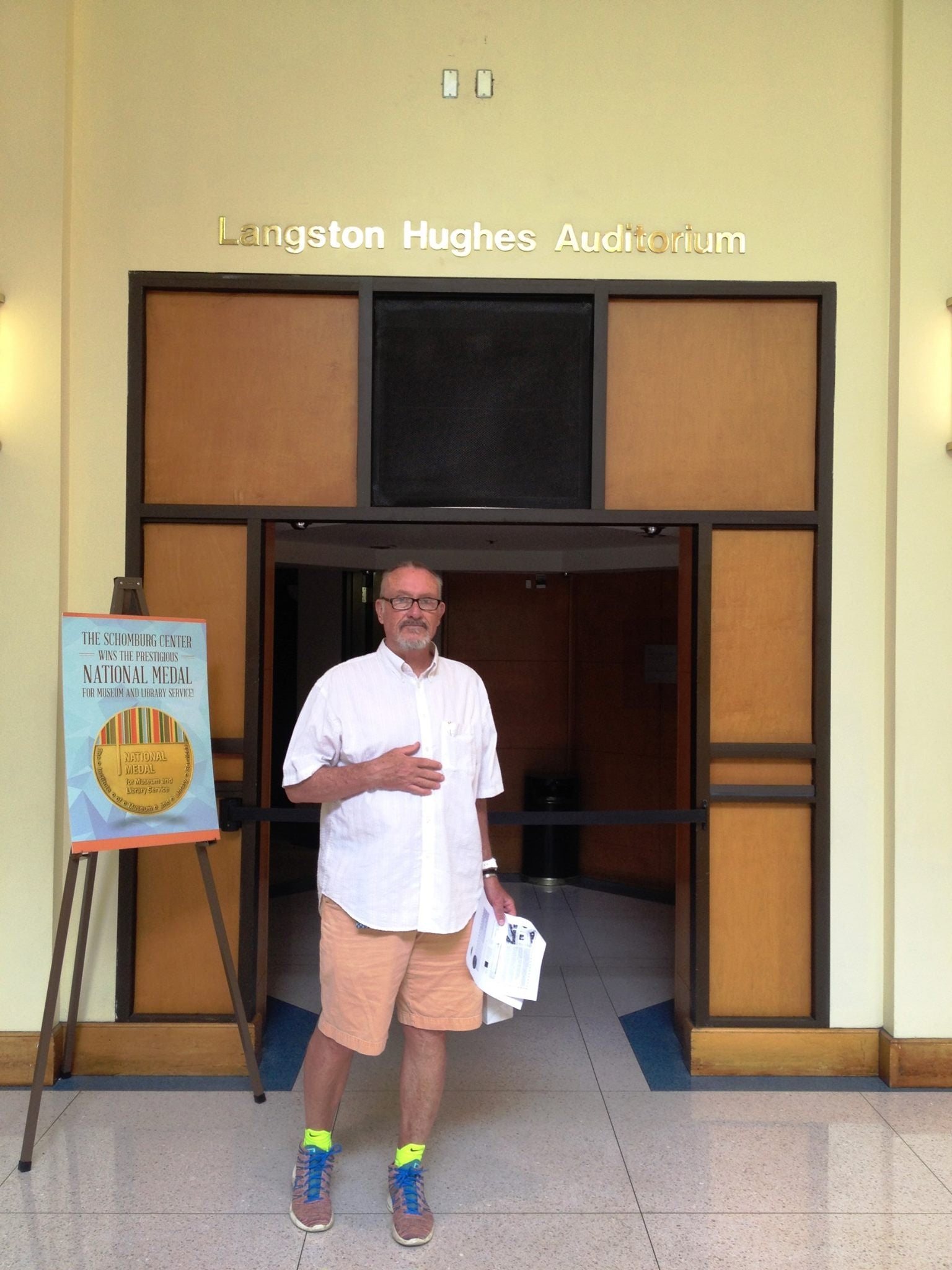American Literature; Unit 4: "Hamlet," the quintessence of teen-age years, applicable to every high school student
American Lit: Hamlet: The Quintessence of Teen-Years, applicable to every American teen-ager
Hamlet: published 1623, 30,155 words
Lesson Plans: Dialectic Journal:63 pages; 11,007 words, visuals
Hamlet:63 pages; 11,007 words, visuals
Begin Class with one of these sonnets. Read it silently first, annotating. Then have the teacher read it out loud, while the students add additional notes to their annotation. They should apply the Poetry System in their analysis.
Who is the speaker?
Who is the audience?
What is the superficial meaning? The Deep Meaning?
What is (are) the intended emotions?
What is special about this sonnet?
(Shakespeare Sonnets: 14 lines of iambic pentameter with a definite rhythm, rhyme: ABABCDCDEFEFGG) sense and sequence; diction; syntax, images
This should be followed up by a brief discussion in class, using the Poetry System as a start. The students should annotate during the discussion. More marks, the better.
Sonnet 1
From fairest creatures we desire increase,
That thereby beauty's rose might never die,
But as the riper should by time decease,
His tender heir might bear his memory:
But thou, contracted to thine own bright eyes,
Feed'st thy light'st flame with self-substantial fuel,
Making a famine where abundance lies,
Thyself thy foe, to thy sweet self too cruel.
Thou that art now the world's fresh ornament
And only herald to the gaudy spring,
Within thine own bud buriest thy content
And, tender churl, makest waste in niggarding.
Pity the world, or else this glutton be,
To eat the world's due, by the grave and thee.
Sonnet 18
Shall I compare thee to a summer's day?
Thou art more lovely and more temperate:
Rough winds do shake the darling buds of May,
And summer's lease hath all too short a date:
Sometime too hot the eye of heaven shines,
And often is his gold complexion dimm'd;
And every fair from fair sometime declines,
By chance or nature's changing course untrimm'd;
But thy eternal summer shall not fade
Nor lose possession of that fair thou owest;
Nor shall Death brag thou wander'st in his shade,
When in eternal lines to time thou growest:
So long as men can breathe or eyes can see,
So long lives this and this gives life to thee.
Sonnet 116
Let me not to the marriage of true minds
Admit impediments. Love is not love
Which alters when it alteration finds,
Or bends with the remover to remove:
O no! it is an ever-fixed mark
That looks on tempests and is never shaken;
It is the star to every wandering bark,
Whose worth's unknown, although his height be taken.
Love's not Time's fool, though rosy lips and cheeks
Within his bending sickle's compass come:
Love alters not with his brief hours and weeks,
But bears it out even to the edge of doom.
If this be error and upon me proved,
I never writ, nor no man ever loved.
Sonnet 29
When, in disgrace with fortune and men's eyes,
I all alone beweep my outcast state
And trouble deaf heaven with my bootless cries
And look upon myself and curse my fate,
Wishing me like to one more rich in hope,
Featured like him, like him with friends possess'd,
Desiring this man's art and that man's scope,
With what I most enjoy contented least;
Yet in these thoughts myself almost despising,
Haply I think on thee, and then my state,
Like to the lark at break of day arising
From sullen earth, sings hymns at heaven's gate;
For thy sweet love remember'd such wealth brings
That then I scorn to change my state with kings.
Sonnet 130
My mistress' eyes are nothing like the sun;
Coral is far more red than her lips' red;
If snow be white, why then her breasts are dun;
If hairs be wires, black wires grow on her head.
I have seen roses damask'd, red and white,
But no such roses see I in her cheeks;
And in some perfumes is there more delight
Than in the breath that from my mistress reeks.
I love to hear her speak, yet well I know
That music hath a far more pleasing sound;
I grant I never saw a goddess go;
My mistress, when she walks, treads on the ground:
And yet, by heaven, I think my love as rare
As any she belied with false compare.
Hamlet:63 pages; 11,007 words, visuals
Share
Mr. Brovsky's Vault
To thine own self. be true.

Mr. Brovsky's Vault is filled with Secondary (10-12) Lesson plans for year-long and semester classes in the Humanities.



